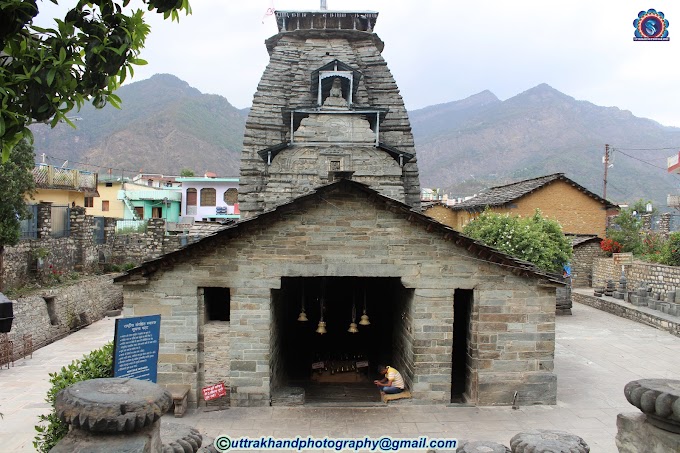Reportedly, the Lumding Press Club as well as local citizens condemned the incident demanding strict action against the culprits and better security for the journalists
The Commission issues a notice to the DGP, Assam calling for a detailed report on the matter within two weeks
The National Human Rights Commission (NHRC), India has taken suo motu cognizance of a media report that a media person was assaulted and grievously injured by a group of some anti-social elements near Lumding Railway Institute in Assam on 7th September, 2025. Reportedly, he was rescued by the police and taken to the hospital for treatment.
The Commission has observed that the contents of the news report, if true, raise a serious issue of human rights violation. Therefore, it has issued a notice to the Director General of Police, Assam calling for a detailed report on the matter within two weeks.
According to the media report, carried on a news portal on 9th September, 2025, the incident happened around mid-night when the victim was returning home after work. Reportedly, he has expressed concern for his safety and has urged the authorities to register a case against the perpetrators to take appropriate legal action against them. The Lumding Press Club as well as local citizens condemned the incident demanding strict action against the culprits and better security for the journalists.
What is suo motu cognizance:- Suo motu cognizance refers to a court or commission's power to take up a legal matter or initiate legal proceedings on its own motion, without a formal petition being filed by an interested party. This power, rooted in the concept of "epistolary jurisdiction," allows courts and commissions like the Supreme Court of India and the National Human Rights Commission to act on their own notice based on media reports, letters, or other public information regarding issues of public interest or violations of fundamental rights

.jpg)
















Follow Us